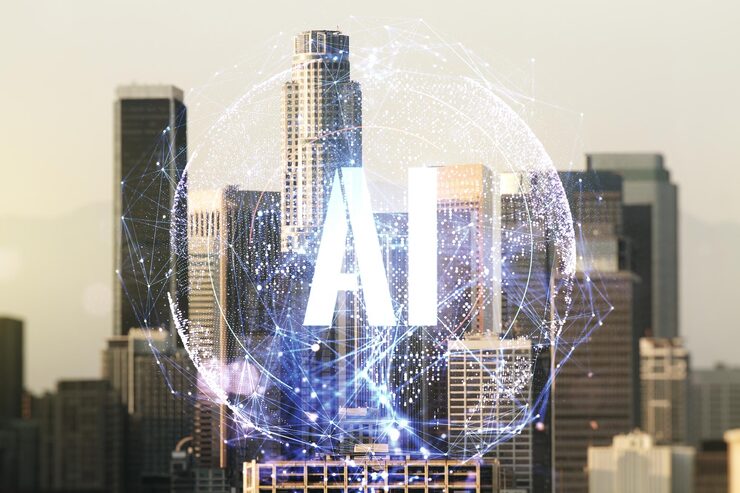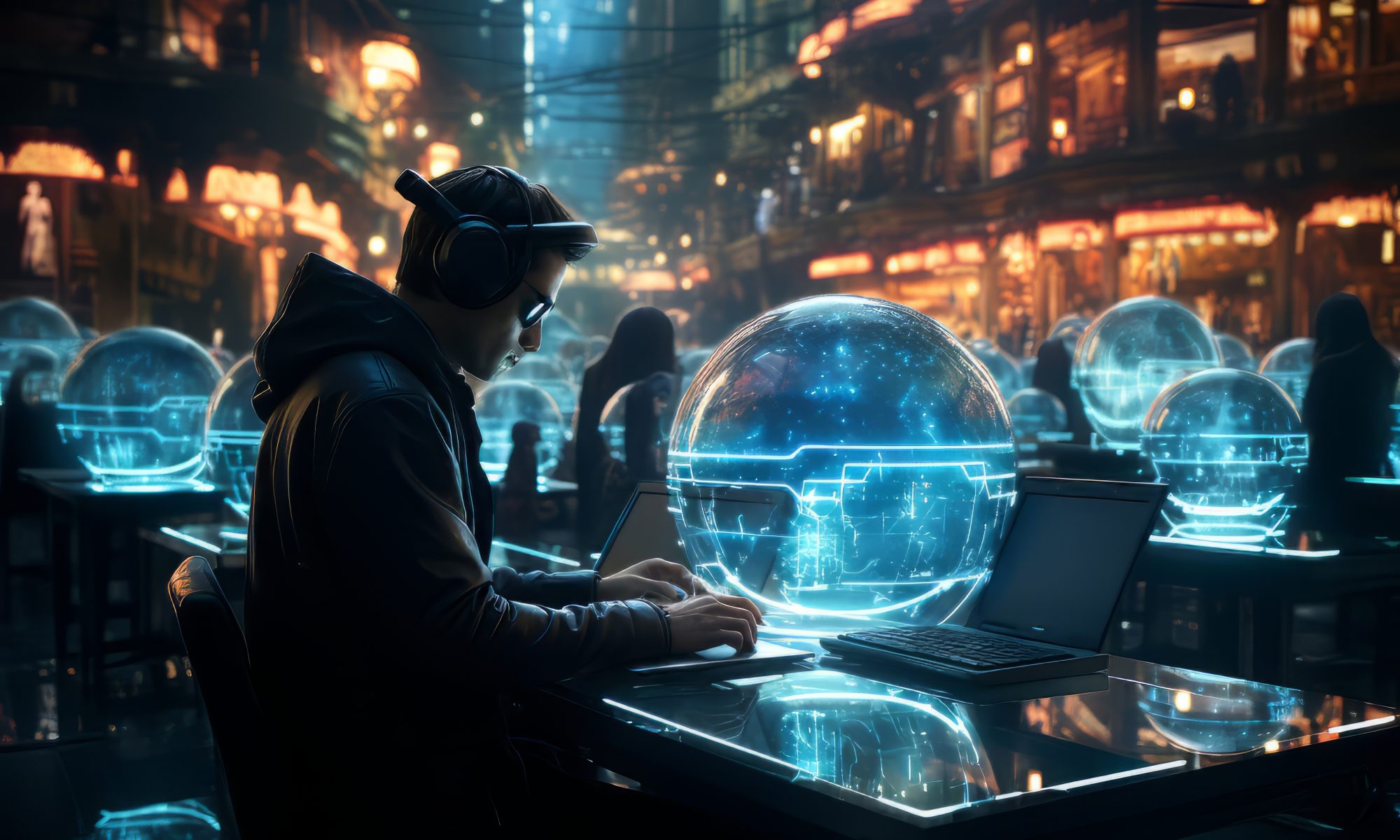London is witnessing a surge in demand for AI technologies across industries. An AI development company in London helps businesses implement AI solutions that optimize operations, improve decision-making, and enhance customer experiences.
With support from an AI developer in London, organizations can leverage machine learning, natural language processing, and predictive analytics to gain a competitive edge in today’s fast-paced market.
Why Everyone’s Talking About AI in London
London businesses are waking up to the power of AI, and it’s easy to see why:
- Automate boring, repetitive tasks and cut down on wasted hours and costs
- Personalize customer experiences, making each interaction feel unique
- Spot trends and predict what buyers want before they even know it
- Fine-tune operations and manage resources better than ever
- Spark new ideas for products and services
AI development companies here don’t just offer generic solutions—they dig deep, helping organizations get the most out of these technologies.
What AI Developers in London Actually Do
- Predictive Analytics and Insights
AI crunches your historical data, helping you forecast trends, customer needs, and spot where things slow down.
- Intelligent Automation
Let AI handle the routine stuff. That means fewer mistakes and more time for your team to focus on what really matters.
- Customer Experience Boosters
Chatbots, smart recommendations, virtual assistants—these tools keep customers engaged and happy.
- Custom AI Solutions
No two businesses are the same. London’s AI developers build tailored workflows and platforms that fit your exact needs.
- Integration with What You Already Use
AI doesn’t have to replace your existing systems. It can work right alongside your ERP, CRM, and other tools to get the best results.
Why Partner with London’s AI Experts?
- Automate tasks and ramp up efficiency
- Make smarter decisions with data-backed insights
- Personalize customer interactions at scale
- Stay ahead in a fast-changing market
- Set yourself up with AI solutions that grow as your business does
Why Choose a London-Based AI Developer?
Work with local experts, and you get more than just code:
- Full AI strategy and hands-on implementation
- Solutions built around your business goals
- Smooth integration with your current systems
- Training for your team, so everyone’s ready to use AI
- Ongoing support to keep your AI running at its best
Looking for more?
Check out our guide on AI for E-Commerce in London to see how these solutions play out in real-world retail.
FAQs
1.Why is AI so popular in London right now?
Businesses want to automate, get better insights, and deliver top-notch customer experiences to stay ahead.
2.What services do AI companies in London offer?
Think predictive analytics, process automation, custom AI builds, and seamless integration with your business systems.
3.Does AI really make businesses more efficient?
Definitely. It cuts down on manual work, reduces errors, and helps you make decisions based on real data.
4.Why hire an AI developer in London?
You get experts who design and tailor AI solutions that fit your business perfectly.
5.Are AI solutions from London’s developers scalable?
Absolutely. These systems are built to grow and adapt as your business expands.



